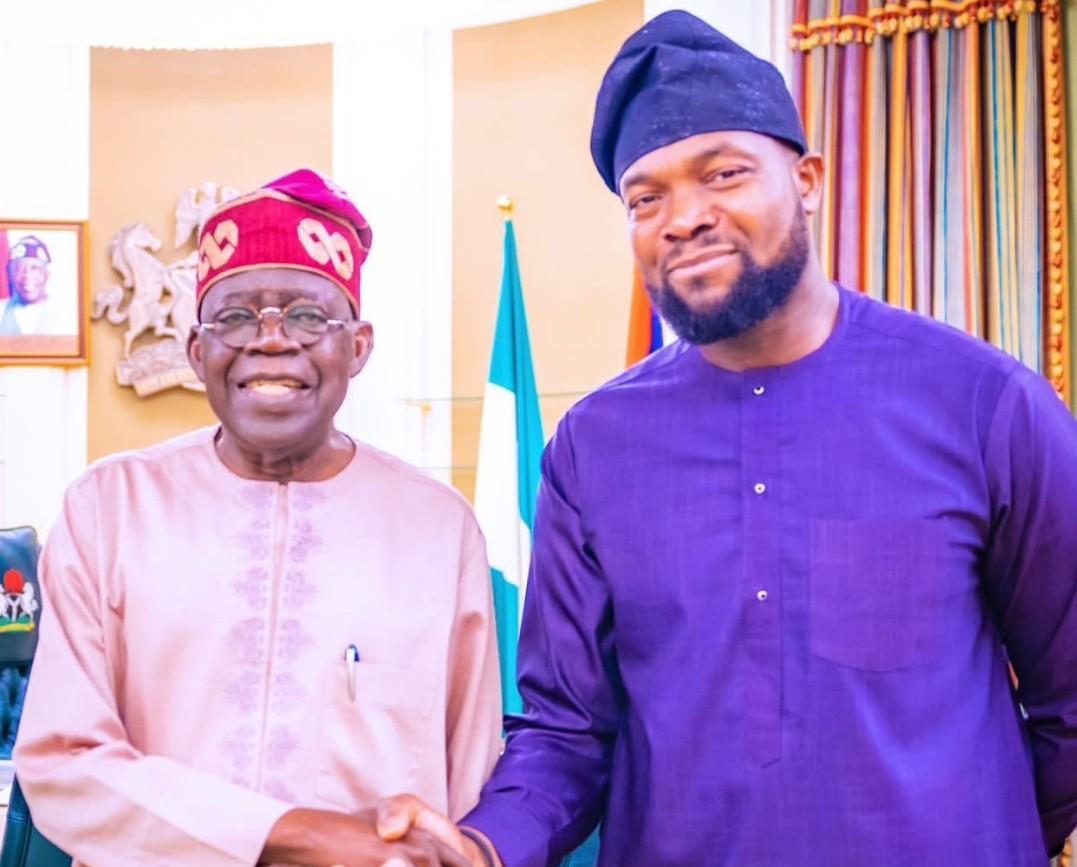In view of the relatively low visibility of the Innovation ecosystem in Northern Nigeria, despite being a region with hub of innovators, creatives, startups and several success stories, the Director-General of the National Information Technology Development Agency (NITDA), Kashifu Inuwa Abdullahi, CCIE, has reiterated the Agency’s commitment to support, and catalyse the emergence/growth of the region’s innovation ecosystem.
Inuwa said this while delivering a Keynote Address during a ‘Stakeholders’ Engagement on the State of the Northern Innovation Ecosystem’, which held in Abuja.
Describing the event as “‘setting the sense of urgency for something to be done in favour of the Northern Innovation Ecosystem’, the Director-General noted that the timely call amplifies the opportunities, challenges as well as the need to build strategic partnerships toward achieving the overall goals.
“This platform has spurred the necessary conversations that we need to have in order to tackle some of the bottlenecks that have over the years stifled the growth of the ecosystem in the region”.
“As an Agency under the Ministry of Communications, Innovation and Digital Economy, we are here to add our collective voice and render relevant support targeted at fostering economic growth and development in the North and Nigeria as a whole”, Inuwa affirmed.
The DG Aligned the thrusts of the discussions to the Federal Government’s ‘Renewed Hope Agenda’ and one of the Priority Areas of the President Bola Ahmed Tinubu Adminstration, which is ‘Accelerating Diversification through Industrialisation, Digitisation, Creative Arts, Manufacturing and Innovation’.
According to the DG, the involvement of NITDA in the quest, further aligns with some pillars of the Agency’s Strategic Roadmap and Action Plan, which deal with ‘Nurturing an Innovative and Entrepreneurial Ecosystem’ and Forging Strategic Partnerships and Collaboration amongst others.
Inuwa expressed the hope that the Northern Innovation Ecosystem will be used to create jobs, solve agricultural problems, healthcare, transportation, education and many more in the region.
“In the North and Nigeria in general, our biggest opportunity is the large market and expansion we have, because we have a young population where more than 60% is under 25, which means they are digitally natives”.
“Given the fact that our greatest resource as a country is human capital, we therefore, want to harness this population to make Nigeria a talent net exporter”, the DG avowed.
The NITDA Boss who took time to explain the Strategic Blueprint (five Pillars) of the Ministry and of course the Agency’s eight Pillars of the SRAP document, and how they directly address some of the issues raised, urged for the need to co-create and co-design the solutions with the ecosystem, in order to build trust between the ecosystem and the government.
“We want them to know that the government is here to handhold and support them in terms of interventions, building the talents, and infrastructures in unserved and underserved communities, as well as providing the incentives for them to grow”, Inuwa assured.
Inuwa however challenged Northerners not to allow the identifed challenges in the area to hinder their innovative ideas, as there are silver linings in each difficulty.
“Lack of funding is always one of the issues, yes, but we can start with the small we have. It is not enough to always mention the challenges, let us also look for innovative ways to tackle them”, Inuwa urged.
Inuwa informed the audience that the Agency is conceptualising the idea of establishing Technology Development Zones, one in each geopolitical zone of the country, adding that there are plans to also have an average innovation hub in every state of the federation.
“To sustain and deal with the recurring challenge of monopoly of the hubs by some facilities in Universities, we are trying to come up with a framework where we can build innovation hubs outside of Universities, then sign an M.O.U with the ecosystem to bring in anyone that is willing to manage the facility, we will give the person targets and KPIs to aid the management of such hubs”.
“It is an idea we are trying to conceptualise and we are open to co-designing it with the ecosystem, so anybody who is interested can reach out to us, so that we can figure out how to achieve that”, the Director-General said.
Head of Experimentation, United Nations Development Programme (UNDP), Jamila Mohammed, while speaking on the essence of the meeting, maintained that the whole idea around having the conversation with the stakeholders for the northern innovation ecosystem is to begin to engage key players in the innovation space to come together and help in positioning the ecosystem, in order to address developmental challenges in the region.
“The essence of all this is to galvanise action to catalyse action, to be able to disrupt the way innovation is done in the region itself”.
“There is a need for us to pull all our resources together to be able to position the resource system to accelerate the SDGs, because we know we are far behind in achieving Sustainable Development Goals and there is that urgency to be able to come up with new methodologies, and solutions that will take us to that promised land”, Ms. Jamila noted.
Other stakeholders took turns to share their thoughts, as they unanimously affirmed the fact that the Northern Ecosystem Working Group (NEW-G) which was established in collaboration with UNDP remains a significant rallying point to nurture and fuel the Northern Ecosystem’s emergence with strategic levelling up initiatives.









